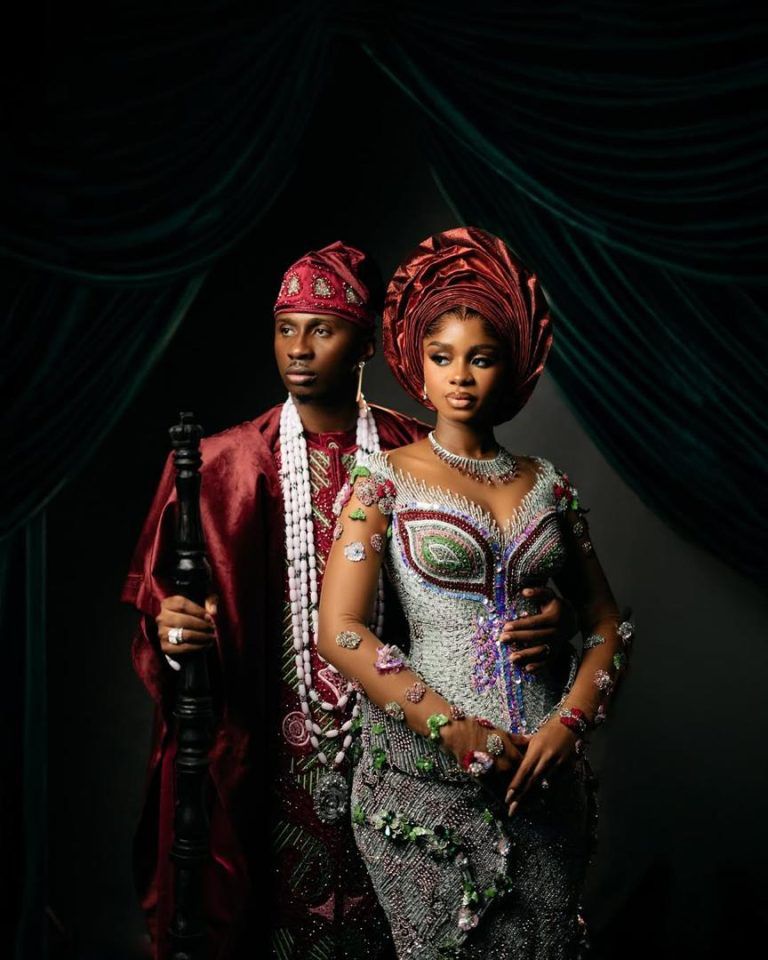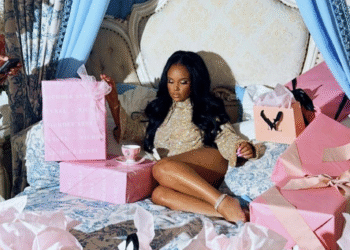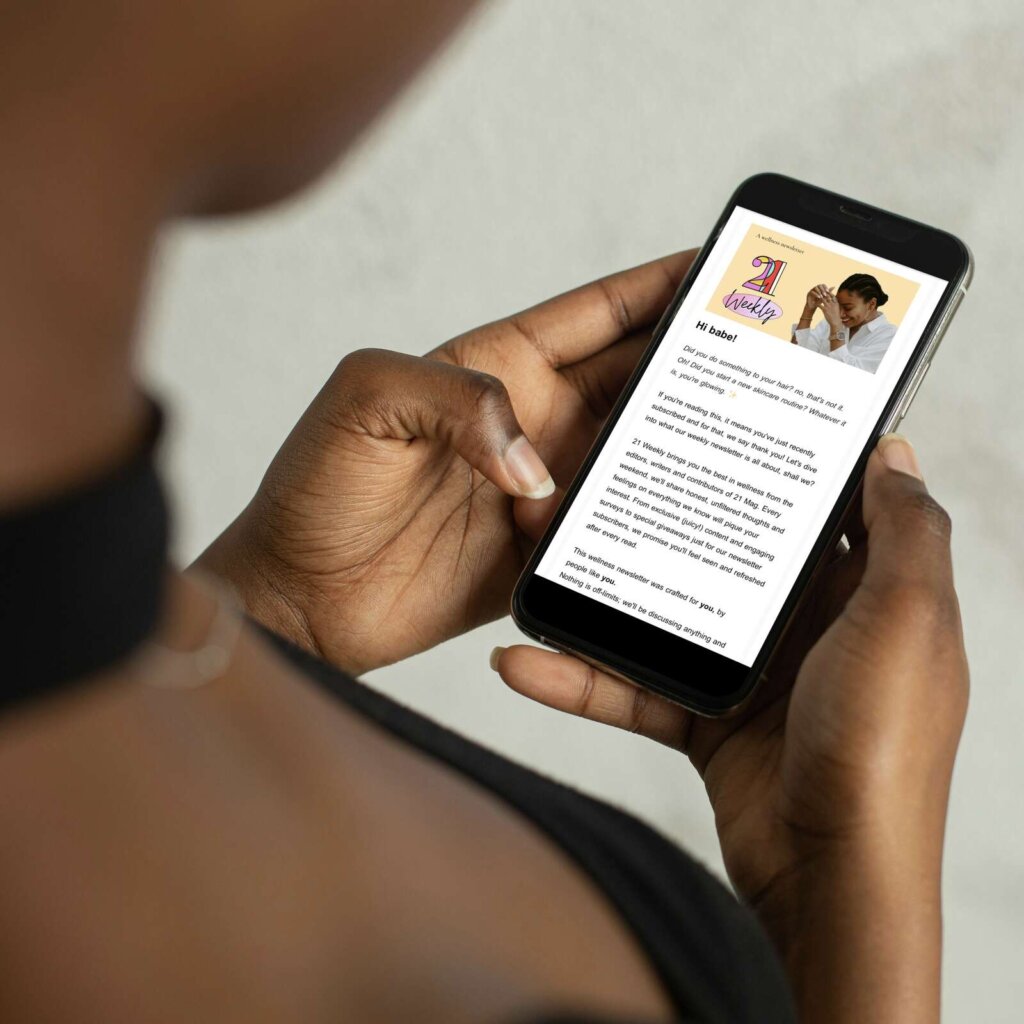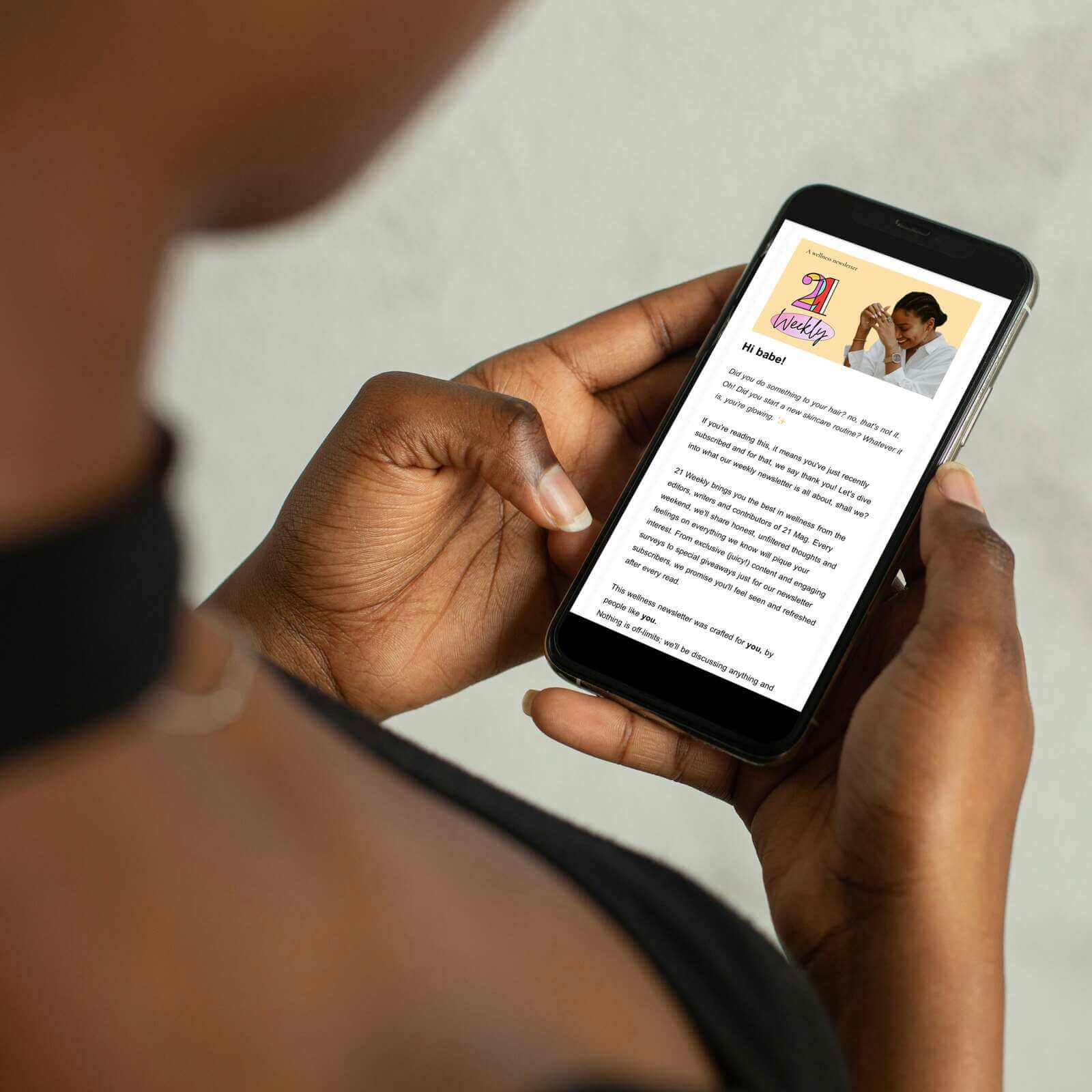
Recently, 24-year old Socialite and influencer Priscilla Ojo, a figure synonymous with a certain brand of youthful, modern glamour, got married to her 35-year old Tanzanian beau, Juma Jux. While her lavish wedding ceremonies had everyone in awe, what came next left many of us shell-shocked: her conversion to Islam and her adoption of a new Muslim name.
Instantly, the internet split into two camps. On one side, you had the chorus of “Love this for her! A woman’s happiness is her own.” On the other, a more hesitant, critical whisper: “Wait… is this empowerment? Converting for a man? Changing your entire identity?”
And just like that, without even meaning to, Priscilla Ojo became the face of one of the most contentious and complicated debates in modern feminism: the “choice feminism” dilemma. The core question is as simple as it is explosive: Is any choice a woman makes inherently feminist, simply because she chose it? Or are some choices, no matter how freely made, still reinforcing the very patriarchal systems we’re trying to dismantle?
Let’s get into it.
So, What Exactly is “Choice Feminism”?
At its heart, choice feminism is the belief that the ultimate expression of female liberation is a woman’s individual autonomy. It argues that the act of choosing—freely and without coercion—is in itself a feminist act. The specific choice doesn’t matter as much as the freedom to make it.
This school of thought emerged largely as a reaction to second-wave feminism, which was sometimes criticized for being too prescriptive—creating a rigid set of rules for what a “liberated woman” should or shouldn’t do (e.g., you shouldn’t wear makeup, you shouldn’t want to be a stay-at-home mom). Choice feminism blew that up, declaring that a woman could be a CEO in a power suit or a housewife in an apron, and both could be valid feminist identities, as long as they were chosen.
The Appeal: Why We Love the Idea of Choice Feminism
Let’s be real, there’s a reason choice feminism is so popular. It feels good. It feels inclusive.
- It Puts Power in Our Hands: Choice feminism says YOU are the expert on your own life. No one else—not other feminists, not society, not your parents—gets to be the “Feminism Police” and stamp their approval or disapproval on your life decisions. It’s empowering to say, “I chose this, and that’s enough.”
- It Makes Room for Everyone: It widens the tent of feminism. A woman who loves cosmetic procedures and men who don’t split bills, a woman who finds deep fulfillment in her faith and modest dress, and a woman who is a queer activist with a shaved head can all coexist under the same feminist umbrella. It celebrates diversity of experience and desire.
- It Rejects a One-Size-Fits-All Model: For African women, in particular, this is huge. For too long, mainstream feminism has been overwhelmingly white and Western, often judging cultural or religious practices it doesn’t understand. Choice feminism allows us to define liberation on our own terms, embracing traditions or rejecting them as we see fit.
The Pushback: Where It All Gets Complicated
This is where things get messy. Critics argue that celebrating every choice as feminist ignores one crucial factor: the system. We don’t make our choices in a vacuum.
- The Illusion of “Free” Choice: Are our choices ever truly free? Or are they shaped by the patriarchal, capitalist, and religious structures we live in? When a woman “chooses” to get a Brazilian Butt Lift, is she exercising pure agency, or is she responding to a world that relentlessly tells her a certain body type is more valuable? When a woman “chooses” to leave her career to raise children, is it a simple preference, or is it influenced by the exorbitant cost of childcare and a workplace that penalizes motherhood?
- It Can Mistake Coping for Liberation: Critics would argue that sometimes, what we call a “choice” is actually a clever way of surviving within an oppressive system. A woman might “choose” to be hyper-feminine and agreeable at work because it’s the path of least resistance to a promotion. Is that a feminist choice, or is it a strategic move to navigate a sexist environment? Choice feminism risks celebrating the strategy instead of questioning the environment.
- Does It Make Feminism Meaningless? This is the most dangerous critique. If every choice is feminist, does the word “feminism” lose its political power? If a woman chooses to support a politician who actively works to strip away reproductive rights, is her individual choice still “feminist”? If feminism is just a personal identity—a “you do you” vibe—it stops being a collective political movement aimed at liberating all women and becomes just another lifestyle brand.
Now, let’s bring it back to Priscilla.
- The Choice Feminist Lens: From this perspective, the conversation is simple. Priscilla Ojo is an adult woman. She seemingly fell in love and made a conscious decision to embrace her husband’s faith and culture. Questioning her choice is infantilizing and anti-feminist. Her happiness, her spiritual journey, and her identity are hers to define. End of story.
- The Critique: Anti-Choice Feminism Feminists will say we can respect Priscilla as an individual while still asking critical questions about the context. In many cultures, there is immense pressure for a woman to convert to her husband’s religion, while the reverse is rarely expected. Does a choice made under such powerful social conditioning count as truly free? These questions are about analyzing the patterns and power dynamics at play, rather than judging Priscilla’s personal devotion.
So, Is Choice Feminism Dangerous?
Here’s the thing: it can be both liberating and limiting. It grants us the beautiful, necessary freedom to live our lives authentically. But if we’re not careful, it can also give us a pass to stop fighting the bigger battles. It can make us so focused on celebrating our individual choices that we forget to dismantle the systems that limit the choices available to women who have less privilege than we do.
Perhaps the real question isn’t whether a specific choice is “feminist” or not. Perhaps the real feminist work is to keep asking the hard questions. To celebrate a woman’s agency while simultaneously interrogating the world that shapes her. To fight for a future where every woman’s choices are not only respected, but genuinely, truly, and radically free from the start.
What do you think? Is feminism a personal journey, a political struggle, or a constant, messy dance between the two? The floor is yours.







